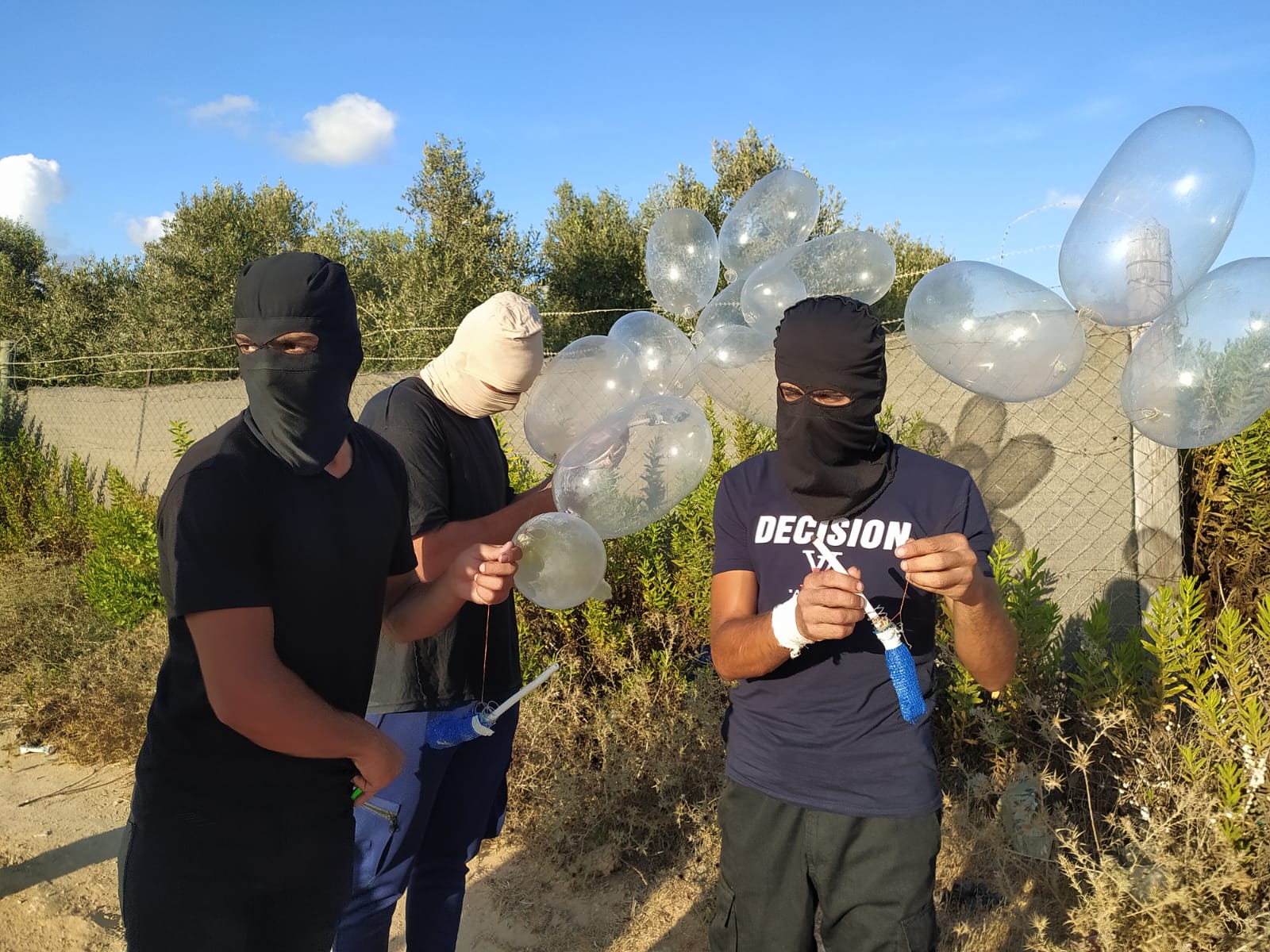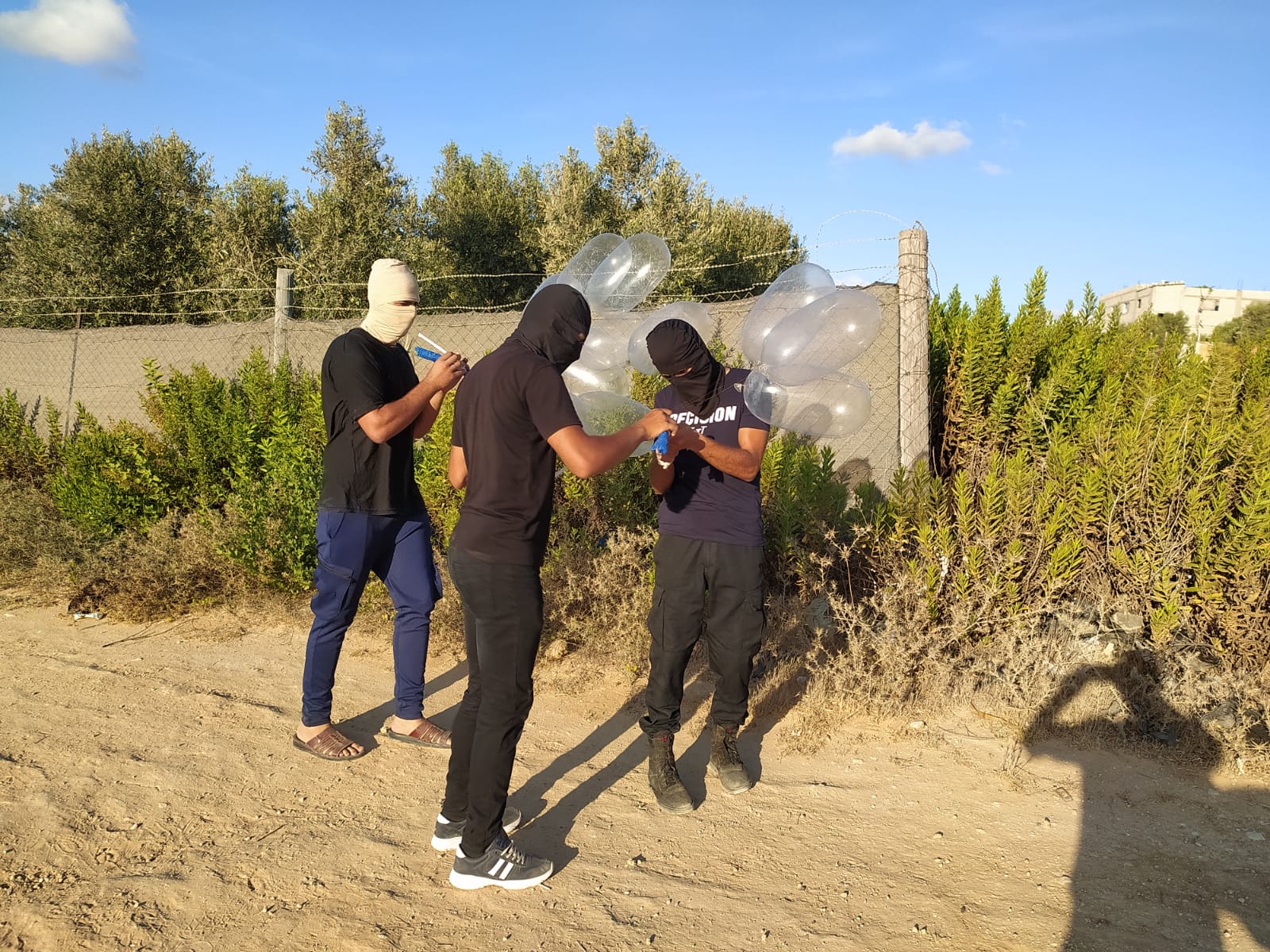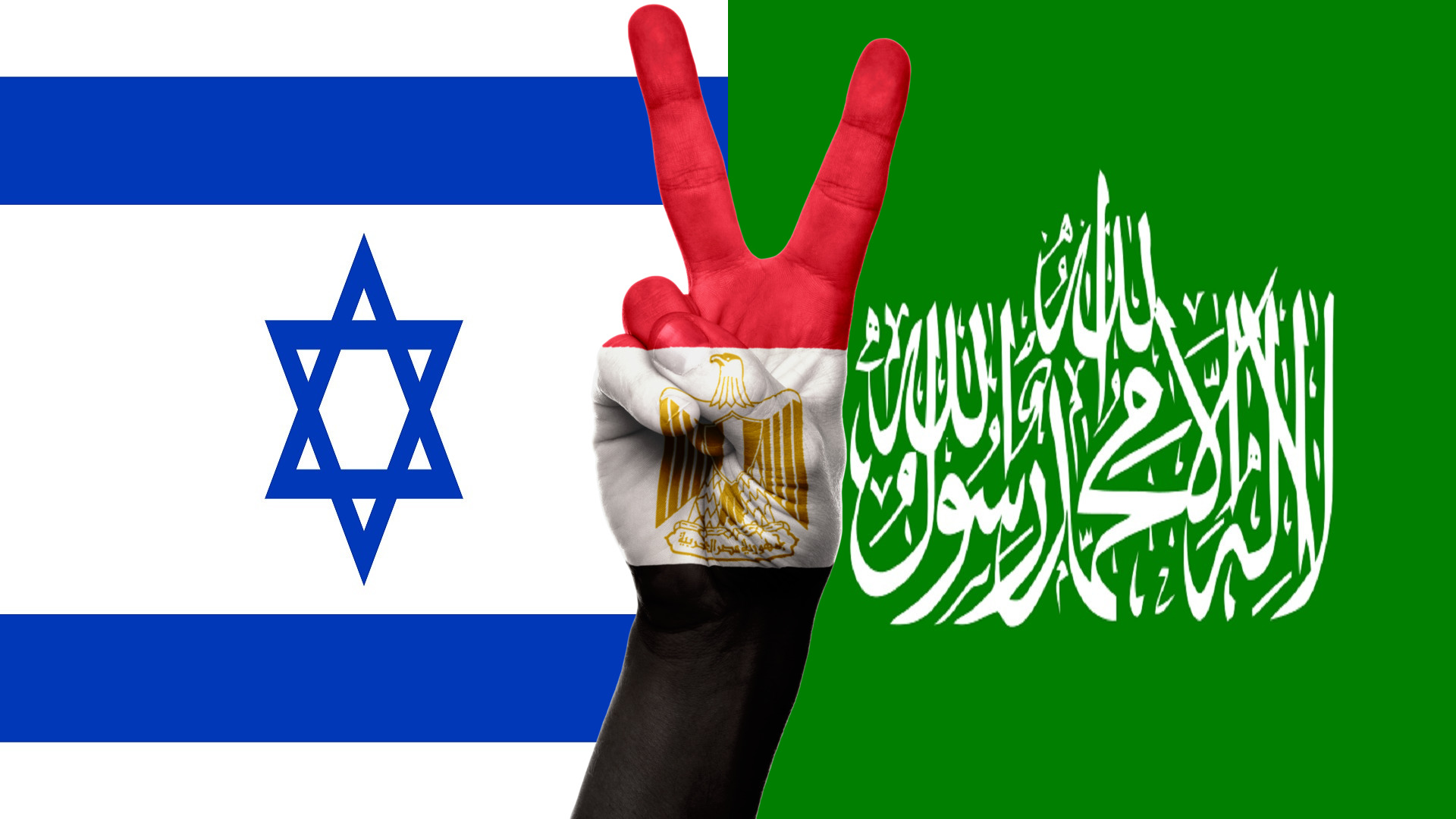Egyptian Delegation Enters Gaza to Broker Hamas-Israel Truce
‘We will launch more and more fire balloons until the blockade is lifted and agreements are honored,’ Palestinian fighter says
A three-man Egyptian intelligence services delegation arrived in the Gaza Strip on Monday morning, via the Erez crossing, after meeting with Palestinian Authority officials in Ramallah to discuss several issues, including the escalating violence between Israel and the Gaza Strip.
That violence has been on the rise for the past week as Israeli jets, as well as artillery and tanks, attack Hamas targets, in response to the massive waves of incendiary balloons that have been launched into Israel, causing well over a hundred blazes during the region’s dry season.
Israel also closed the Kerem Shalom cargo crossing and Gaza’s fishing zone, and halted fuel shipments, in an effort to persuade the Strip’s ruling party to stop the incendiary attacks.
The only power plant in Gaza is now set to shut down for lack of diesel fuel.
In an exclusive interview, a member of the Wa’ad Altahreer incendiary balloon-firing cell emphasized that the attacks are designed “to remind the Israeli occupation of the signed agreements.

Members of Wa’ad Altahreer cell preparing to launch incendiary balloons from the Gaza Strip toward the south of Israel, August 11, 2020. (Hazem Albaz)
“We are ready to continue and accelerate the pace of firing incendiary balloons as long as the Israeli occupation continues to ignore our legitimate rights of lifting the blockade and implementing previous agreements,” he told The Media Line.
“In view of the Israeli intransigence, and under the Palestinian leadership that guides the [resistance] movement, we will show the occupation that incendiary balloons are just the beginning by using [more advanced] tools until our demands are fulfilled,” he elaborated.

Members of Wa’ad Altahreer cell preparing to launch incendiary balloons from the Gaza Strip toward the south of Israel, August 11, 2020. (Hazem Albaz)
The Egyptian intelligence services are trying to de-escalate the worsening situation by meeting with the Palestinian and Israeli sides to forge an agreement.
Regarding the Palestinian demands submitted to the Egyptian mediators, Talal Zbuzarifa, a member of the political bureau of the Democratic Front for the Liberation of Palestine (DFLP), told The Media Line that “we shouldn’t go far from the original agreement, that is the 2014 [cease-fire] understandings [the signed agreements between Israel and the Palestinians reached under Egyptian auspices after that year’s Gaza war].
“The resolution shall be achieved by implementing a stable and a comprehensive truce with the entire Palestinian entity, based on the 2014 understandings, from which the occupation [i.e., Israel] has avoided addressing two main issues: removing the blockade and reconstruction.”
The 2014 understandings between the Palestinian resistance and Israel included several Palestinian demands related to opening crossings, expanding the fishing zone, access to medical and humanitarian supplies, and large-scale reconstruction of the Strip’s infrastructure, in addition to talks about establishing a seaport and an airport.
Mukhaimar Abu Saada, a professor of political science at Al-Azhar University in Gaza City, told The Media Line that “Egyptian mediation, since the beginning of the Great March of Return [border] protests in 2018 and until the present time, has always succeeded in defusing the crisis and containing any escalation between the Palestinian resistance and the Israeli side.
“I don’t doubt that eventually, the Egyptian delegation will manage to handle the situation,” he added.
The success of the mission is tied to solving two main issues, Abu Saada said.
“The current crisis involves two matters: first, the unfulfilled Qatari commitments regarding providing cash on a monthly basis for the power station’s fuel and the Qatari development projects in the Gaza Strip,” he said.
“Second,” Abu Saada continued, “the lack of Israeli commitment to all truce terms, especially since forming the current government.
“Obviously, [Prime Minister Binyamin] Netanyahu has a particular agenda that involves pursuing normalization of relations with the Arab world, especially after signing the agreement with the [United Arab] Emirates and with the possibility being bandied about of achieving normalization with countries such as Bahrain, Oman and Sudan. I believe he is not interested in provoking tensions with the Palestinian resistance in the meantime,” he said.


